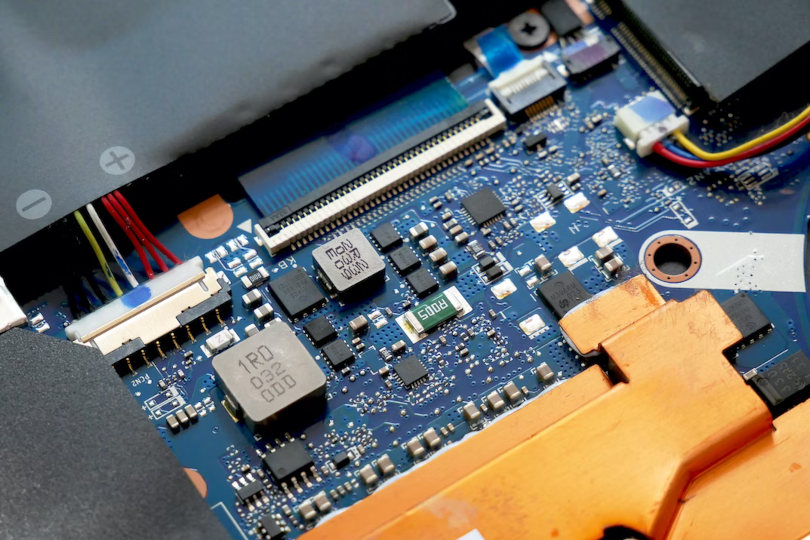
As the demand for smaller, faster, and more powerful electronic devices continues to rise, semiconductor manufacturers are increasingly turning to high performance polymers to meet their stringent requirements. Among the most popular of these materials is polytetrafluoroethylene (PTFE), a fluoropolymer known for its exceptional chemical resistance, thermal stability, and low coefficient of friction.

PTFE in Wafer Processing
Wafer processing is one of the most critical stages in semiconductor manufacturing, involving multiple steps of cleaning, etching, deposition, and lithography. PTFE is highly suited to this process due to its nonreactive nature, which prevents contamination and improves yield. In particular, PTFE is often used in the construction of wafer processing equipment such as pipes, valves, and fittings, where its inertness and resistance to high temperatures and corrosive chemicals make it an ideal choice.
PTFE-coated wafer carriers and process chambers are also common, offering low friction and low particle generation.
PTFE in Chemical Delivery Systems
In semiconductor manufacturing, precise and accurate delivery of chemicals is critical to achieving high-quality results. PTFE is widely used in chemical delivery systems such as pumps, valves, and tubing due to its excellent chemical compatibility and low extractable levels.
PTFE-lined pipes and vessels are also popular, able to handle a wide range of aggressive chemicals without corroding. In addition, PTFE film and tapes are often used as gaskets and seals, providing an effective barrier against leaks and contamination.
PTFE in Plasma Processing
Plasma processing is another important step in semiconductor manufacturing, involving the use of ionized gases to etch and deposit materials on the wafer surface. PTFE is commonly used in this process due to its low dielectric constant, which helps to maintain a stable plasma environment and prevent arcing.
PTFE can be used to coat electrode surfaces or as a dielectric material in capacitive discharge systems. PTFE also exhibits low ion sputtering, making it ideal for use as a chamber lining or as a component in reactive ion etch equipment.
PTFE in Wirebonding
Wirebonding is the process of attaching wires to the contacts on a semiconductor device package, forming the electrical connections that allow the device to function. PTFE is often used in this process as a dielectric material, due to its exceptional electrical insulation properties.
PTFE can be made into thin films or sheets that are used as a barrier between the wires and the substrate, preventing electrical shorts or leakage. PTFE-coated bonding tools are also common, offering low friction and wear resistance.
Advantages of PTFE in Semiconductor Manufacturing
The use of PTFE in semiconductor manufacturing offers numerous advantages over other materials. One of the key advantages is its outstanding chemical resistance, which allows it to withstand exposure to a wide range of acids, bases, solvents, and other chemicals commonly used in the industry.
PTFE is also thermally stable, able to withstand high temperatures without degrading or releasing harmful fumes. Its low coefficient of friction makes it ideal for use in applications where low particle generation, low wear, and low friction are critical. Furthermore, PTFE is nonreactive, preventing contamination and improving yield rates.
Overall, PTFE is an excellent choice for semiconductor manufacturers looking for a high-performance material that can meet their demanding needs.
Conclusion
PTFE is a highly versatile and valuable material in the semiconductor industry, offering exceptional properties and advantages that make it ideal for a wide range of applications. From wafer processing and chemical delivery systems to plasma processing and wire bonding, PTFE has proven itself to be a reliable and effective material that can improve quality, increase efficiency, and reduce costs. As the industry continues to evolve and demand more from its materials, the use of PTFE is sure to become even more widespread.
One essential tool for semiconductor manufacturing is the paper bag machine for sale. It is used for packaging semiconductor devices, ensuring their safe transport and storage. With the increasing demand for electronic devices, the need for such machines is also rising. Semiconductor manufacturers should invest in high-quality paper bag machines to ensure the protection and integrity of their devices.







